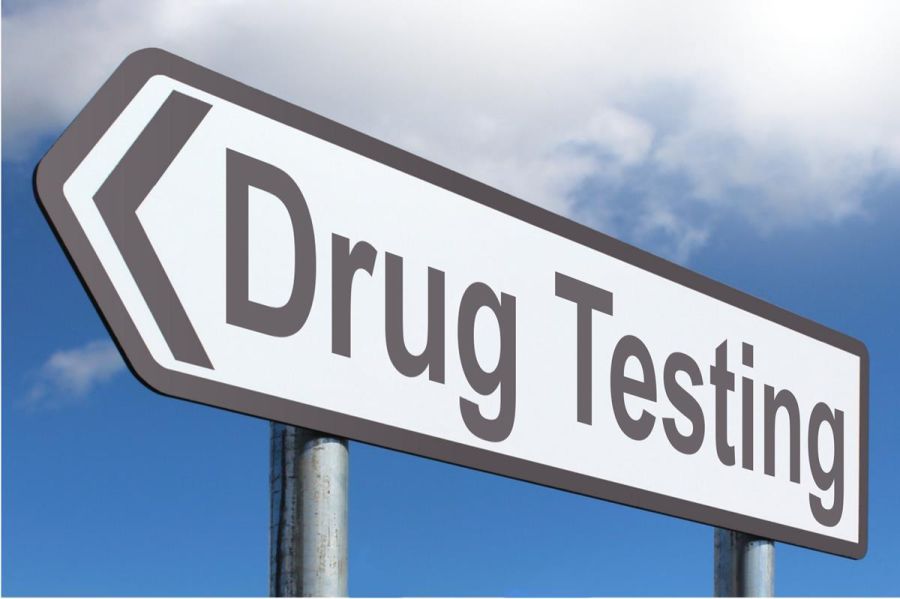Blog

Blog
Call us today for a free initial consultation on 0800 772 0341
Call for workplace drug testing to help combat the scourge of drug crime
Published 21 September 2020


Employers can play a role in the fight against widespread drug use by randomly testing employees for Class A drugs.
London mayoral candidate Shaun Bailey, recently said if he is elected, he would require firms with 250-plus staff to sign a drug-testing charter. (1)
The proposal would see anonymised company test results published in an annual league table.
Mr Bailey says we are kidding ourselves if we think that drug use in any form is harmless. He said that every time someone buys drugs, they are not just committing a crime; they are funding crime such as human trafficking and gang violence.
The 2017/18 Crime Survey for England and Wales showed that around one-third (34.6%) of adults aged 16 to 59 had taken illicit drugs at some point during their lifetime and 4.3% of them had taken a drug in the last month (2)
Many employers already require staff to take regular or random drug tests. It is commonly conducted for health and safety reasons.
Those most likely to be tested will be involved in safety-critical work such as driving, operating machinery or looking after vulnerable people.
Employers who wish to drug test staff have to have consent to do so (3). Where such tests are necessary there should be a full contractual health and safety policy, which should be in the contract or staff handbook
Employers should:
- Limit testing to employees that need to be tested
- Ensure the tests are random
- Not single out particular employees for testing unless this is justified by the nature of their jobs
The tests most usually carried out by employers can detect evidence of recent use of alcohol, prescription drugs and illicit drugs.
The most common type of testing is urine. The presence of drugs can be detected in urine, for most drugs, for up to three or four days after use, although in the case of some drugs such as cannabis and benzodiazepine they can be detected for several weeks, especially after heavy use.
Currently, drug testing does not test for impairment or whether a person's behaviour is, or was, impacted by drugs.
An employee cannot be forced to take a drugs test, but a member of staff who refuses when an employer has good grounds for testing under a proper occupational health and safety policy can face disciplinary action. It could include being dismissed, as a disciplinary policy will usually list drug use as an act of gross misconduct.
If disciplinary action is taken following a refusal to take a test or after a positive test result, it must be fair and reasonable and adhere to the guidance in the ACAS Code of Practice (4)
Where an employee’s test is positive there remains an overriding requirement for an employer to act reasonably in all the circumstances, when considering dismissal. The test result could have a plausible explanation, or be unreliable.
In the case of Ball v First Essex Buses ended with a ruling in favour of the employee even though he had failed a compulsory drug test (5). The employer was found to have committed several errors during the drug testing, and subsequent processing of the employee’s dismissal.
The Trades Union Congress (TUC) has said that where an employer wishes to implement drug testing it should seek to negotiate a comprehensive drugs and alcohol policy that addresses these issues in a fair, open and non-judgemental way (6). It adds that there may be workplaces where some form of drug testing can have a part to play in that, but they should never be the first line of protection.
References:
(1) Employers with 250plus to sign a drug-testing charter. [Internet] www.inews.co.uk [Cited 21.9.20] https://inews.co.uk/opinion/shaun-bailey-drug-tests-offices-blue-collar-workers-london-mayor-candidate-610626
(2) Statistics of drugs in England and Wales. [Internet] www.assets.publishing.service.gov.uk [Cited 21/9/2020] https://assets.publishing.service.gov.uk/government/uploads/system/uploads/attachment_data/file/729249/drug-misuse-2018-hosb1418.pdf
(3) Employers who wish to drug test staff have to have consent to do so. [Internet] wwww.gov.uk [Cited 21.9.2020] https://www.gov.uk/monitoring-work-workers-rights/drug-testing#:~:text=Employers%20have%20to%20have%20consent,that%20need%20to%20be%20tested
(4) A Disciplinary should be fair and reasonable. [internet] www.castleassociates.org.uk [Cited 21.9.20] https://castleassociates.org.uk/support-centre/acas-code-practice
(5) A Winning case against a failed drug test [Internet] www.gov.uk [Cited 21.9.20] https://www.gov.uk/employment-tribunal-decisions/mr-kenneth-ball-v-first-essex-buses-ltd-3201435-2017
(6) Employers should seek to negotiate a comprehensive drugs and alcohol policy [Internet] www.tuc.org.uk [Cited 21.9.20] https://www.tuc.org.uk/resource/drug-testing-workplace#:~:text=Unions%20strongly%20believe%20that%20there,the%20worker%20and%20their%20colleague
“A reputation built on success”
For employment law advice or if you are affected or want information and support by any of the issues in this article please give us a call. 0333 772 0611
A reputation built on success
If you're facing any of the issues in this article - or need guidance on disciplinary, grievance, or redundancy matters - call us today. Our expert Trade Union Representatives are available to represent you in crucial workplace meetings, with pay as you need support.